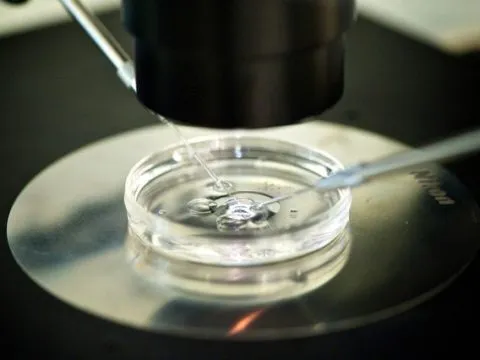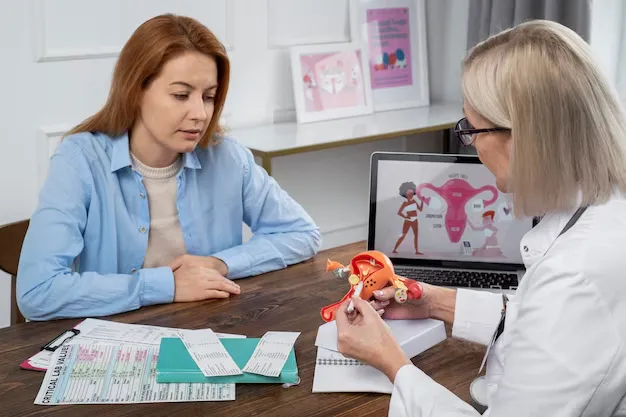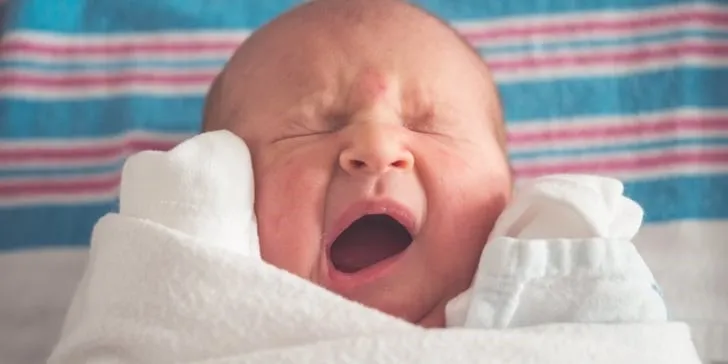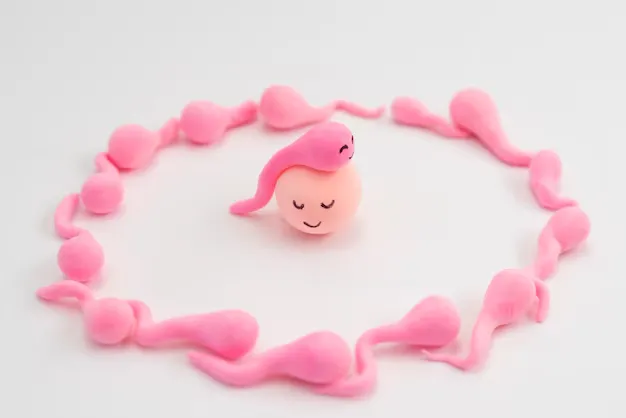In Vitro Fertilization (IVF) has become increasingly popular over the years, with millions of babies born worldwide as a result of the treatment.
In fact, IVF is one of the most widely used assisted reproductive technologies.
As Dr. Nisarg Patel, a leading IVF specialist in Ahmedabad, explains, “IVF has helped countless couples who struggle with infertility to become parents and has given hope to those who might not have been able to conceive otherwise.”
Being the co-founder of Nisha IVF Centre, one of the leading IVF centres in India, he has been instrumental in helping scores of couples realize their dream of parenthood.
While IVF is not a guaranteed solution to infertility, it has certainly opened up new possibilities for those struggling to start a family.
Over the years, many new techniques and technologies have been invented to help tackle different fertility issues, one of them being only one egg retrieved IVF.
What is only one egg retrieved IVF?
 In traditional IVF, doctors give women medications to stimulate their ovaries to produce multiple eggs, which are then retrieved and fertilized in a lab.
In traditional IVF, doctors give women medications to stimulate their ovaries to produce multiple eggs, which are then retrieved and fertilized in a lab.
However, in some cases, this process can result in ovarian hyperstimulation syndrome (OHSS), which can be severe and even life-threatening.
OHSS occurs when the ovaries become swollen and painful due to the excessive production of eggs and hormones. As a result, only one egg retrieved IVF has become an alternative option for some patients.
With only 1 egg retrieved IVF, a lower dose of medication is given to stimulate the ovaries, and only 1 egg is collected for fertilization.
It can reduce the risk of OHSS and other complications associated with traditional IVF.
Moreover, this method can be helpful for patients concerned about the ethical implications of creating and potentially discarding multiple embryos or those who wish to minimize the cost and time involved in IVF treatment.
However, only 1 egg collected IVF may not be suitable for all patients. The success rates for this method can be lower than traditional IVF, as there is only 1 egg fertilized after retrieval.
Furthermore, it may not be appropriate for patients with specific fertility issues or for those who require genetic testing on their embryos.
Finally, the best course of action depends on each patient’s unique circumstances and preferences.
If you need guidance regarding fertility issues, you can visit Nisha IVF, a trusted and well-known IVF centre in Ahmedabad.
Factors to consider before going for IVF?
Going for an IVF treatment is a very personal decision because you have to consider several factors like:
- How will you deal with your unused embryos?
- How many embryos do you want to transfer? Remember, the more embryos you choose to transfer, the risk of a multiple pregnancy increases.
- What if you have twins, triplets, or higher multiple pregnancies?
- How will you deal with legal and emotional issues linked with using donated sperms, eggs, embryos, or a surrogate?
- Are you ready financially, physically, and emotionally for an IVF?
If you have successfully solved the above-mentioned question, then there is no need for you to worry, as the rest of the procedure is in your doctor’s hands.
When can you opt for only one egg retrieved IVF?
There are several instances when couples opt for only 1 egg retrieved IVF as a viable treatment option, such as:
Risk of Ovarian Hyperstimulation Syndrome (OHSS):
Women at risk of developing OHSS due to their medical history, age, or other factors may benefit from only one follicle IVF as it can reduce the likelihood of developing this serious and potentially life-threatening condition.
Ethical Concerns:
Some patients may be concerned about creating and discarding multiple embryos, which is often associated with traditional IVF. This can be a more appealing option for these patients as it can reduce the number of embryos developed.
Lower Cost:
This method can be a more cost-effective option for patients who wish to minimize the financial burden of IVF treatment, as it requires less medication and fewer laboratory procedures.
Personal Preference:
Some patients may prefer to try only 1 egg collected IVF over traditional IVF for personal reasons, such as creating fewer embryos or a less invasive treatment approach.
However, please be aware that only one egg retrieved IVF may not be suitable for all patients, and the decision to pursue this treatment should be made in consultation with a qualified fertility specialist, such as Dr. Nisarg Patel, having more than a decade of rich experience in infertility treatments and IVF.
IVF success with only one egg retrieved
The success rates for only one egg retrieved IVF can vary depending on a number of factors, such as the woman’s age, the cause of infertility, and the quality of the retrieved egg. However, studies have shown that this method can still result in a viable pregnancy for some patients.
One study conducted in 2015 found that the pregnancy rate for women undergoing only one egg retrieved IVF was 10.7%, with a live birth rate of 6.4%.
While this success rate may be lower than traditional IVF, it still offers hope for patients unable or unwilling to undergo the more aggressive treatment.
Patients considering only one egg collected IVF should discuss their chances of success with their fertility specialist and carefully weigh this approach’s potential benefits and drawbacks.
What is a good number of eggs retrieved for IVF?
The number of eggs retrieved during an IVF cycle can vary widely depending on several factors, including the woman’s age, ovarian reserve, and response to medication.
However, as a general guideline, a good number of eggs to retrieve for IVF is usually considered to be around 10-15. In some cases of IVF, only 10 eggs retrieved or even less. This should not be a matter of concern as achieving a good success rate is still possible.
Without a doubt, the more eggs retrieved, the greater the chances of having viable embryos for transfer and the higher the likelihood of achieving a successful pregnancy.
But sometimes, retrieving too many eggs can increase the risk of complications, such as ovarian hyperstimulation syndrome (OHSS).
Remember, success rates can vary widely, and some patients may succeed with fewer eggs retrieved while others may require more.
Ultimately, IVF treatment aims to achieve a healthy pregnancy and a healthy baby. The number of eggs retrieved is just one factor to consider when evaluating the success of an IVF cycle.
Patients should work closely with their fertility specialists to determine the optimal approach for their circumstances.
You can schedule an appointment with Dr. Nisarg Patel at Nisha IVF Centre, one of the top IVF centre in Ahmedabad, for any fertility-related issues. You are assured optimum guidance and treatment under him.
Frequently Asked Questions
Q. Is one follicle enough for IVF?
Yes, one follicle can be enough for in vitro fertilization (IVF) in certain cases. During the IVF process, the ovaries are stimulated with medications to promote the development of multiple follicles, each containing an egg. However, in some situations, such as poor ovarian reserve or specific medical conditions, only one follicle may develop.
Q. Can IVF be successful with 1 follicle?
Yes, IVF can be successful with one follicle, although the chances of success may vary depending on factors such as the quality of the egg and the individual’s fertility. It is best to consult with a fertility specialist to know your specific situation.
Q. Does follicle size matter in IVF?
Dr. Nisarg Patel says, “The bigger the follicle, the better it is for the IVF process.”
Q. Does egg quality vary month on month?
Yes, egg quality can vary from month to month. Some factors such as egg quality, age of women, health condition, hormonal changes & few lifestyle factors can influence egg quality.






